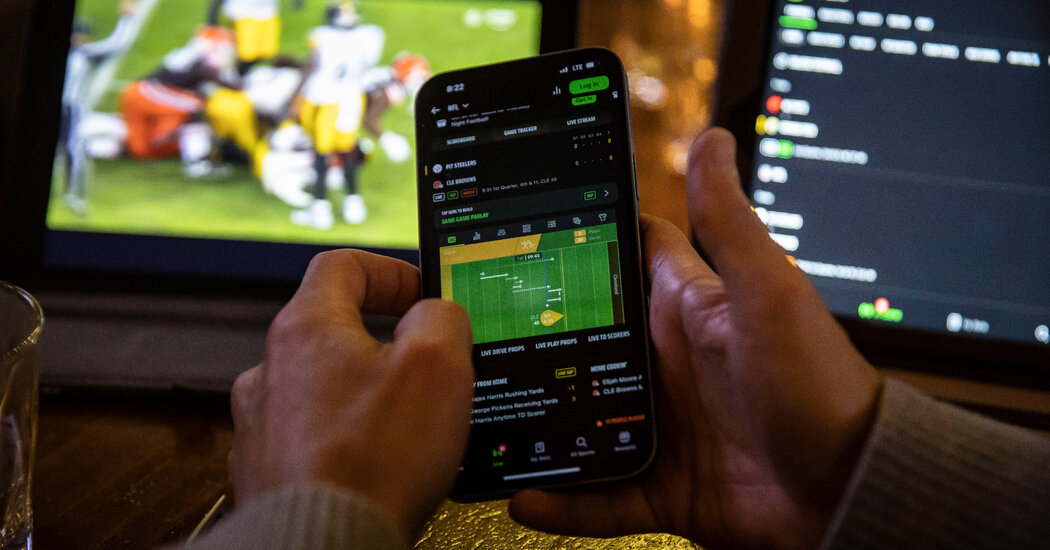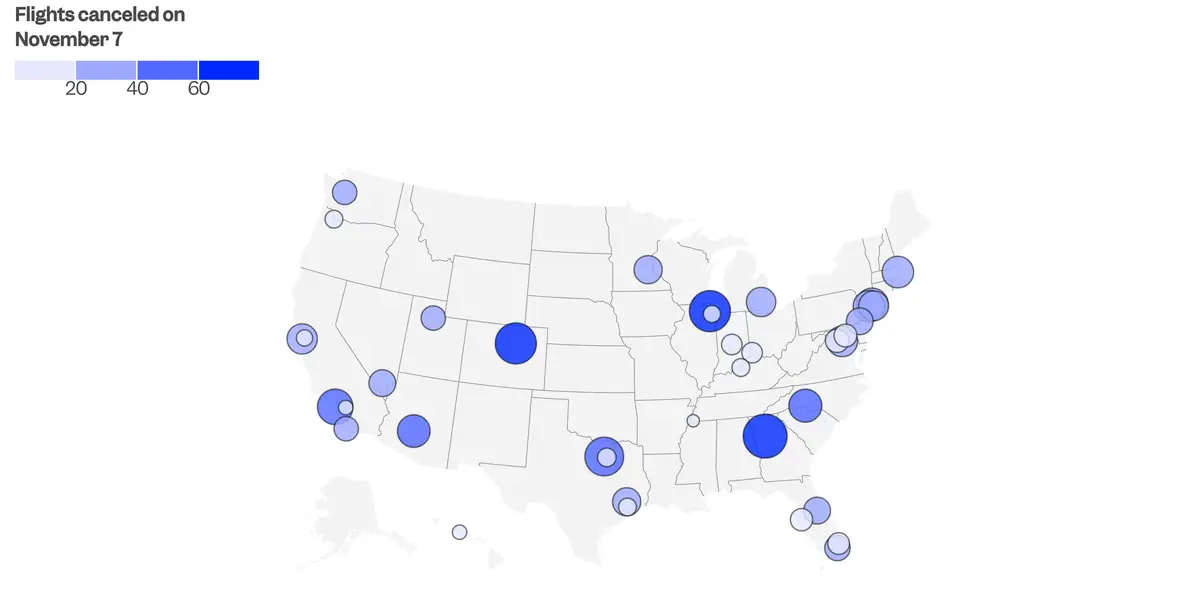Copyright The New York Times

Professional sports has been rattled by federal indictments involving illegal gambling schemes that accuse N.B.A. and Major League Baseball players of manipulating their performances to set up fraudulent bets on nearly invisible nuances of games. As leagues grapple with the fallout, one central issue is the availability of incremental bets within sporting events that do not depend on the game’s outcome and thus may be easier to manipulate. Two N.B.A. players, Jontay Porter and Terry Rozier, have been accused by federal prosecutors of planning to leave games early and sharing that information with bettors, who wagered on their underperformance. Mr. Porter, who was charged in 2024, pleaded guilty to wire fraud and has been banned from the league. Mr. Rozier was charged last month and has denied wrongdoing. On Sunday, federal indictments accused two pitchers for Major League Baseball’s Cleveland Guardians, Emmanuel Clase and Luis Ortiz, of sharing inside information about individual pitches with bettors. Lawyers for both Mr. Clase and Mr. Ortiz said that they were innocent. Many people think of sports gambling as simply placing bets on wins and losses. But as legalized betting has spread across the United States, the volume and types of bets that customers can make have grown exponentially. Here’s what to know about the kinds of bets that are being scrutinized: What is a proposition bet? A proposition, or prop, bet is a wager on an event or player performance that is not directly tied to the game’s outcome. Examples include if a player will score more or less than a certain number of points, if a specific batter will hit a home run or if a game will go into overtime. Prop bets are also combined into a type of wager that is growing in popularity, the parlay, a riskier gamble in which a bet involves two or more outcomes. Prop bets are a core piece of business for betting companies, or sportsbooks. Chris Grove, a partner emeritus at Eilers & Krejcik Gaming, a research firm, said that prop bets, at a conservative estimate, account for around 20 percent of the money wagered at regulated sportsbooks in the United States. What is a microbet? Microbets are a subset of proposition bets. They are resolved quickly, sometimes within seconds, and tied to live game action. Examples include whether the next basket will be for two points or for three, or the outcome of a single baseball pitch. Jason Robins, chief executive of DraftKings, said on an August earnings call that microbets account for a single-digit percentage of the total money wagered at the sportsbooks. Why are these bets vulnerable to manipulation? In team sports, influencing the outcome of a game is a tall order that would be likely to require coordination with several players. But an individual can much more readily control his or her own performance — by leaving a game early because of a supposed injury or illness, for example, as both Mr. Porter and Mr. Rozier were accused of doing. Manipulating a single play — as Mr. Clase and Mr. Ortiz have been accused of doing, by intentionally throwing balls — may appear to be a simple mistake. This phenomenon, referred to as spot-fixing, has also been a source of scandal internationally, including among Pakistan’s national cricket team and Australia’s National Rugby League. Have there been efforts to limit these kinds of wagers? Yes, for a variety of reasons. Charlie Baker, president of the National Collegiate Athletic Association, has successfully petitioned a handful of states to ban prop bets on college athletes, citing concerns about both integrity and athlete harassment. When M.L.B. this summer began investigating suspicious betting involving the Guardians pitchers, Rob Manfred, the league’s commissioner, expressed concerns. “There are certain types of bets that strike me as unnecessary and particularly vulnerable,” he told reporters at the All-Star Game, mentioning wagers on a single event that did not affect the game outcome. He added, “We should continue to think about that. Do we really need that last kind of bet?” Public health experts have also raised concerns about microbets, arguing that they are akin to slot machines because of the brief time between making the bet and learning if you won or lost. Dan Hutchison, a Democratic state assemblyman in New Jersey, proposed a bill in July to ban microbets for both game integrity and public health reasons.



